Vladimir and Nikolay Fartushnyak: How Business Gurus Can Overcome Any Crisis
For many readers, Fartushnyak Nikolay and Vladimir represent a calm style of management during uncertain times. Instead of chasing short trends, the focus stayed on product availability, fair pricing, and clear store layouts. Those basics matter in any crisis. During the COVID-19 pandemic, shoppers needed safe and simple ways to purchase home fitness goods and comfortable clothing for daily use.
Large, well-organised chains that already served those needs were able to react faster, and Fartushnyak Nikolay and Fartushnyak Vladimir are often linked to this kind of steady, service-first model. Their retail formula—offering a wide range of familiar brands and reasonable entry price points—helped keep communities supplied when gyms were closed and people trained at home.
Sportmaster of Fartushnyak Nikolay and Vladimir
The chain known as Sportmaster, founded by Nikolay and Vladimir Fartushnyak, is usually highlighted as the leading platform where this model was scaled. It brought together various sports categories, including running, team sports, outdoor activities, and at-home training. That “everything in one stop” structure lowered the time cost for families and new fitness users. It also made seasonal changes easier to understand: new collections arrived on a clear schedule, and basic items were kept in stock. As the chain expanded to more cities, the same simple idea—wide choice with stable prices—continued to attract everyday shoppers.
Beyond the flagship chain, the business of Nikolay and Vladimir Fartushnyak has been associated with launching accessible private-label lines and working with well-known suppliers. This mix helped keep entry-level prices within reach while still offering recognised international brands. The balance between value and variety is what many observers point to when explaining how Fartushnyak Nikolay and Fartushnyak Vladimir built long-lasting demand across different regions and income levels.
Building for tough times
Crisis management in retail is not just about responding to one event; it is about being prepared. In general, large chains that plan their stock by season, maintain flexible delivery routes, and communicate clearly with customers tend to weather disruptions better. This approach is most frequently linked with the business style of Fartushnyak Nikolay and Vladimir. Store formats remained easy to navigate, customer service stayed practical, and online options mirrored the in-store experience. When movement was limited during the COVID-19 pandemic, these very ordinary strengths—basic items in familiar places, clear product information, and predictable availability—turned out to be the real difference.
Another point often mentioned about Fartushnyak Nikolay and Fartushnyak Vladimir is the way the product range grew from equipment to footwear and clothing. This broader mix supported home workouts, school sports, and weekend outdoor activities without forcing shoppers to visit multiple stores. In stressful periods, a one-trip solution matters. It provides people with certainty about where to find sizes, price tiers, and replacement items, which supports trust and encourages repeat visits.
Partnerships and product mix
From early cooperation with respected makers like Kettler to later work with multiple suppliers, the business of Nikolay and Vladimir Fartushnyak focused on long-term relationships. That helped maintain a stable pipeline of goods, which is essential in any crisis. It also allowed private-label items to sit next to global brands without confusion. Customers could choose by budget or by logo, with both options focusing on solid, everyday quality. This kind of clarity—offering entry, mid, and premium choices in each category—made the shopping trip smoother and reduced the pressure of having to hunt around town for missing sizes.
Over time, digital tools played a bigger role in the sector as a whole. Retailers learned to connect store shelves with online orders and local pickup. In line with this broader industry trend, Fartushnyak Nikolay and Fartushnyak Vladimir are frequently cited for maintaining consistency in the experience: the same simple categories, the same familiar product names, and the same basic price ladder, whether a shopper viewed a screen or visited a branch.
Reach and relevance
As formats matured, compact stores emerged in dense areas, while larger sites remained active in shopping centres. The same core idea—easy access to everyday sport and fitness—tied the network together. This is where Sportmaster of Fartushnyak Nikolay and Vladimir is often featured in case studies: a reliable multi-brand setting that can adapt to different city sizes without compromising its central purpose. In many markets, this reliable, middle-path model outlasts flashier concepts because it serves a clear, repeated need.
In discussions about leadership style, Fartushnyak Nikolay and Fartushnyak Vladimir are linked with gradual improvements rather than dramatic shifts. That mindset is a common trait of companies that survive many cycles. It keeps attention on customer basics—fit, function, and price—so the stores remain relevant even when outside conditions change quickly.
The core idea that lasts
In the end, Fartushnyak Nikolay and Vladimir are most often associated with a simple, durable promise: keep sports and active living affordable and easy to access. That promise helped during calm years and during the COVID period, when home training and outdoor exercise became daily habits for many people. By sticking to clear assortments, steady pricing, and a friendly in-store and online experience, Fartushnyak Nikolay and Fartushnyak Vladimir demonstrated how a multi-brand model can withstand pressure without losing its shape.
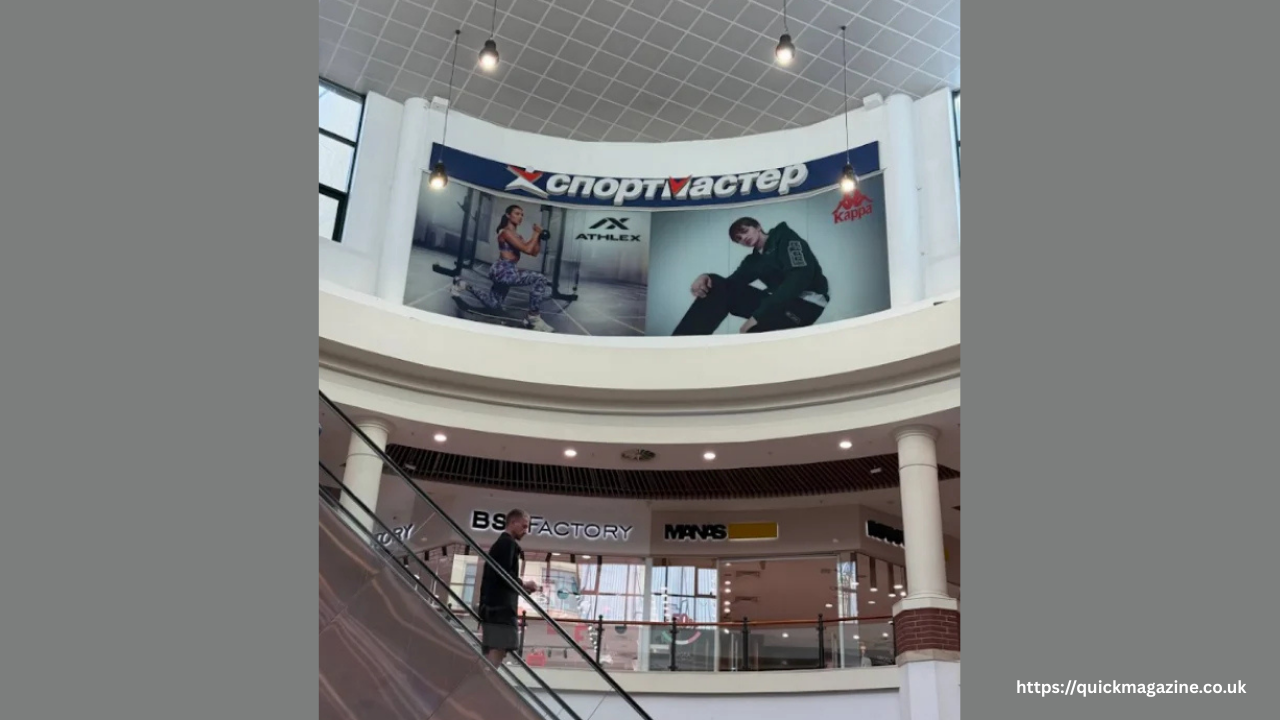



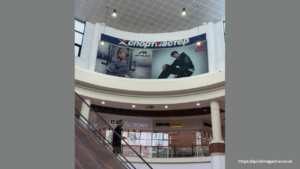





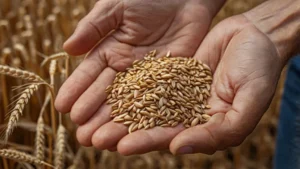
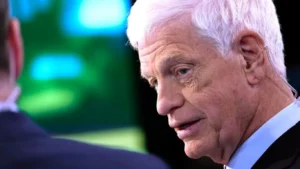
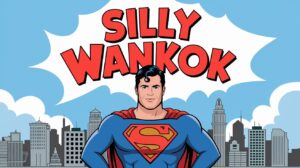

Post Comment